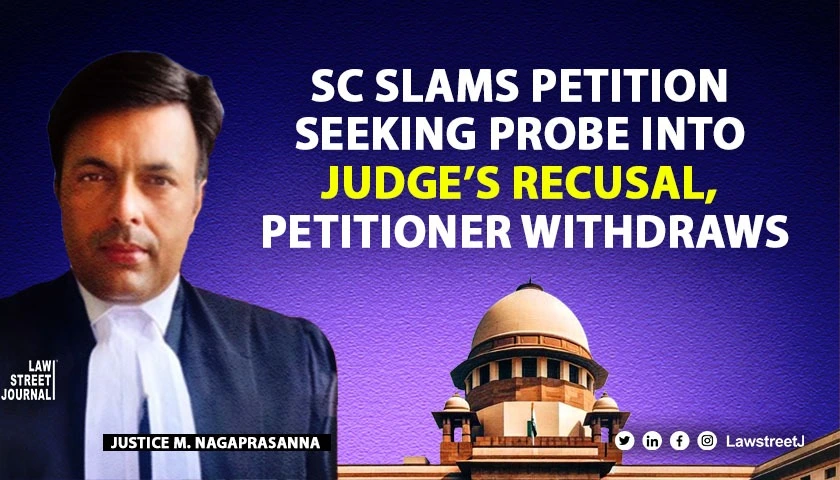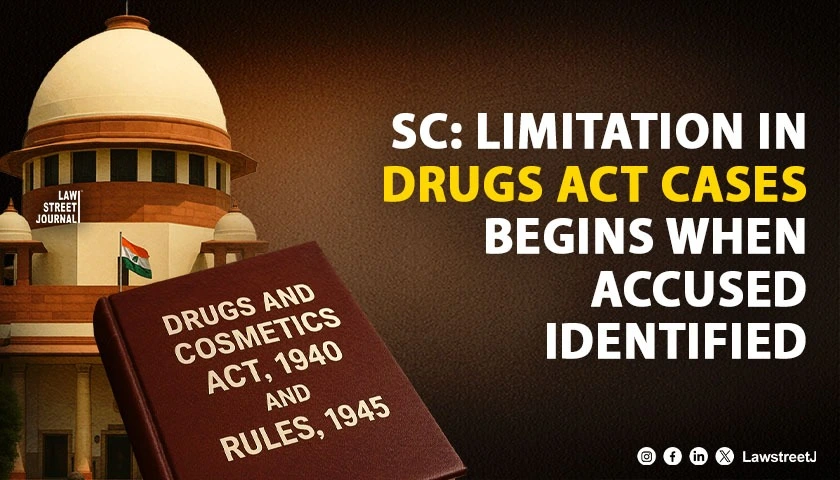New Delhi: In a significant development, the Supreme Court today (24 Oct 2024) voiced strong objections to a petition seeking an inquiry into the reasons behind Karnataka High Court Judge, Justice M. Nagaprasanna, recusing himself from three cases. The petition was brought before a bench comprising Justice Oka and Justice Amanullah, who raised serious concerns about the intent behind the petition.
Supreme Court Warns Against Probing Judges’ Discretion in Recusals
Justice Oka, in his remarks, expressed dissatisfaction with the petition’s prayers, particularly Prayer B, which sought a probe into the circumstances surrounding Justice Nagaprasanna’s recusal. “How can Prayer B be pressed? What is this? This will send wrong signals. Guidelines are fine, but you cannot seek a relief directing a probe into why a judge recused. It will suggest some other motive is involved. Do you want to press this?” Justice Oka questioned the petitioner.
Justice Oka further criticized the manner in which the petition was filed, stating that it raised concerns about the petitioner’s bona fides. He emphasized that relief should be sought only based on principles and pointed out the unnecessary allegations made against private parties, as well as the insinuations directed at the judges. “The manner of filing this petition is highly objectionable,” he remarked, noting that the claims could undermine public confidence in the judiciary.
Justice Amanullah also expressed serious concerns about the petition’s implications, stating, “Are the judges also so weak, according to you? Can the Lokayukta influence judicial outcomes? The writ seems to have been filed in an oblique manner, and we are not sure of your motivations.”
Both justices conveyed their unease about the potential consequences of allowing such a petition, which, according to them, could erode trust in the judiciary. Justice Amanullah added, “We cannot probe the discretion of the judge. Do not add to all that is wrong, even if it seems like a good idea.”
Petition Withdrawn After Strong Criticism Over Allegations Against Judiciary
In light of the court’s strong objections, the petitioner sought permission to withdraw the petition, which the court allowed. The order issued by the Supreme Court noted that the petition contained “objectionable and irrelevant assertions casting aspersions against judges” and clarified that the court had not made any determination on the appropriateness of issuing guidelines on judicial recusals.
This case highlights the delicate balance courts must strike when handling petitions that may call into question judicial independence and discretion. The Supreme Court’s firm response underscores the need for careful consideration and respect for judicial processes, particularly in matters involving recusals.















